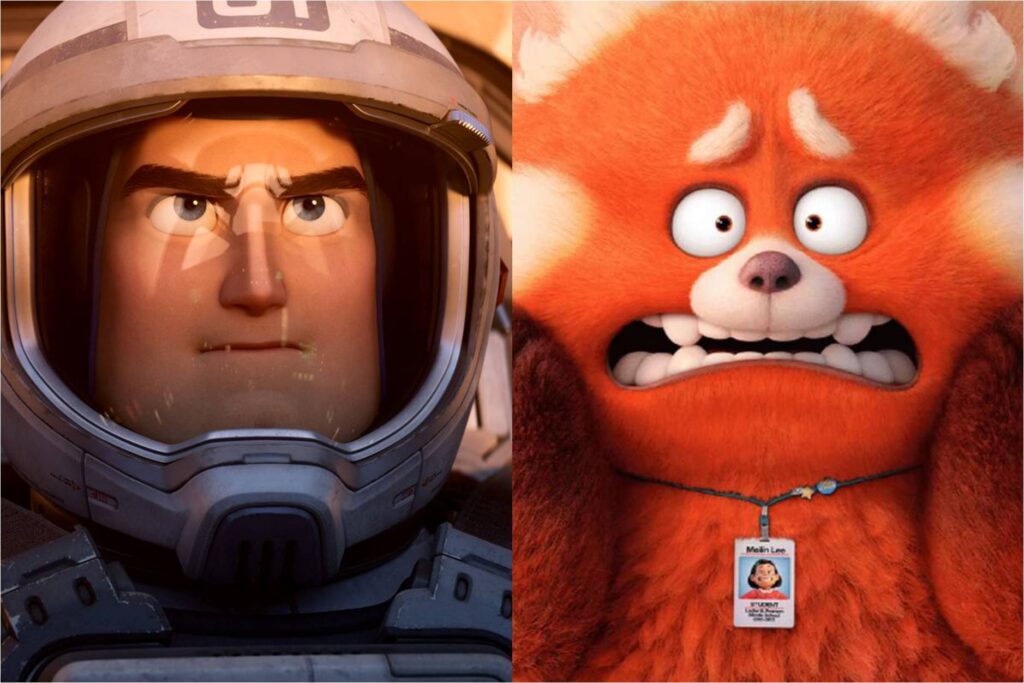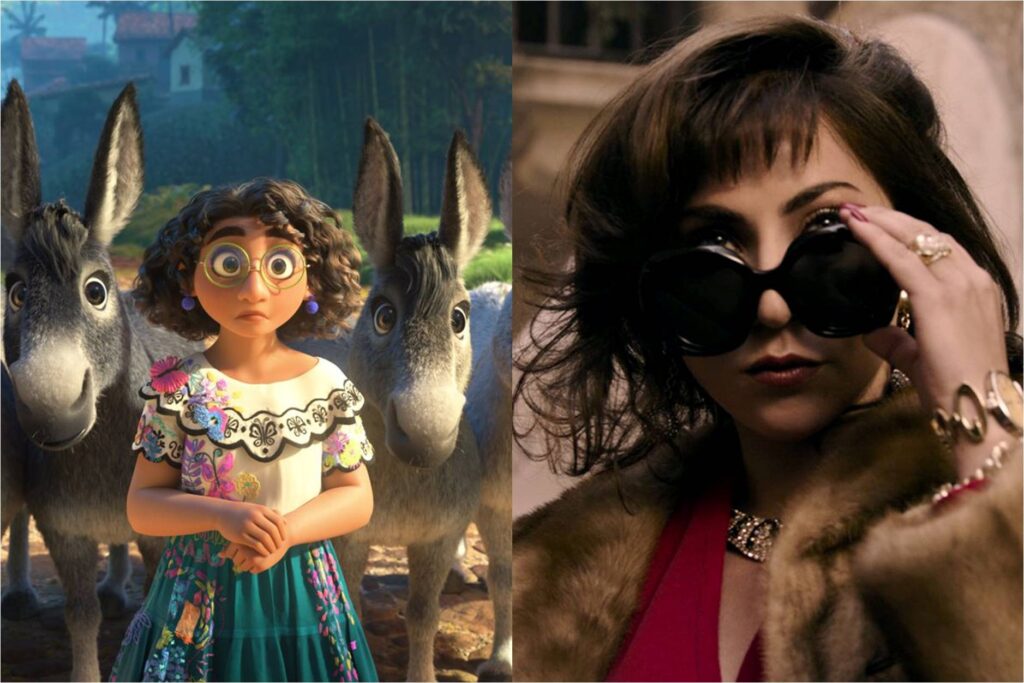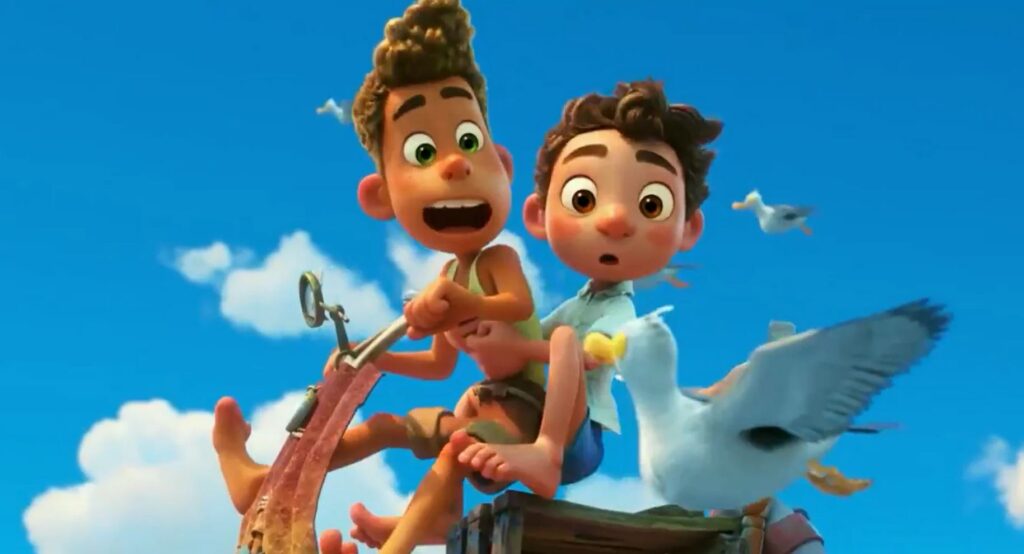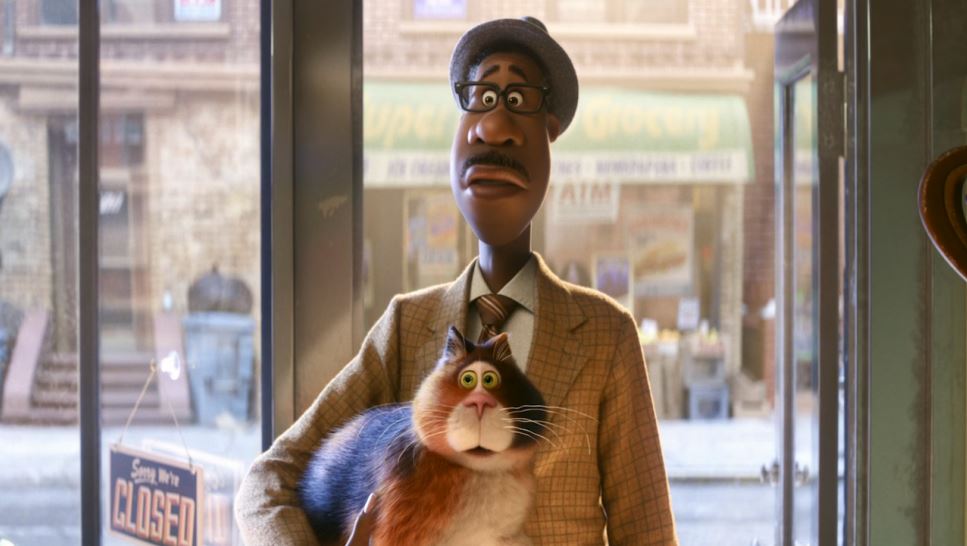From the Vault: Finding Nemo, 20 Years Later
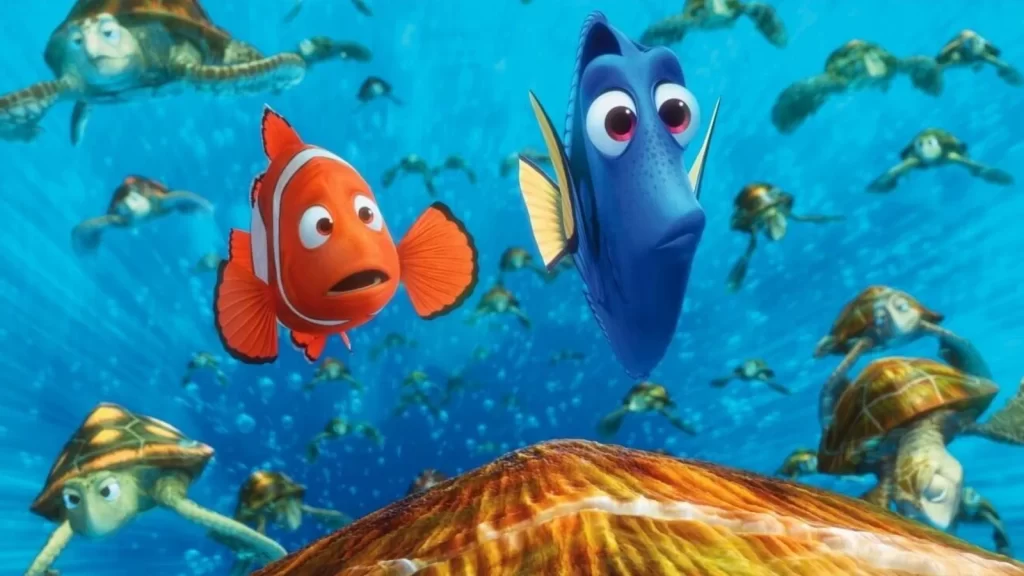
[EDITOR’S NOTE: In 2003, long before MovieManifesto.com existed, I spent my summer as a 20-year-old college kid writing as many movie reviews as I could. My goal was to compile them all into a website, possibly hosted by Tripod or Geocities, which would surely impress all of the women in my dorm. That never happened—neither the compiling nor the impressing—but the reviews still exist. So, now that I am a wildly successful critic actually have a website, I’ll be publishing those reviews on the respective date of each movie’s 20th anniversary. Against my better judgment, these pieces remain unedited from their original form. I apologize for the quality of the writing; I am less remorseful about the character of my 20-year-old opinions.]
My does this movie have a pulse. This is filmmaking at its most vibrant, an indefatigable romp of breathtaking splendor. Every meticulously constructed frame is teeming with detail, so much so that our eyes despair futilely in a hopeless attempt to digest everything on screen. This visual magnificence is somehow equaled by dialogue that is delightfully droll, and a storyline that is perfect in its simplicity. Adults, check your cynicism at the door; the experience of watching Finding Nemo – the fifth full-length feature from Disney’s Pixar Animation Studios – is one of pure joy. Read More

